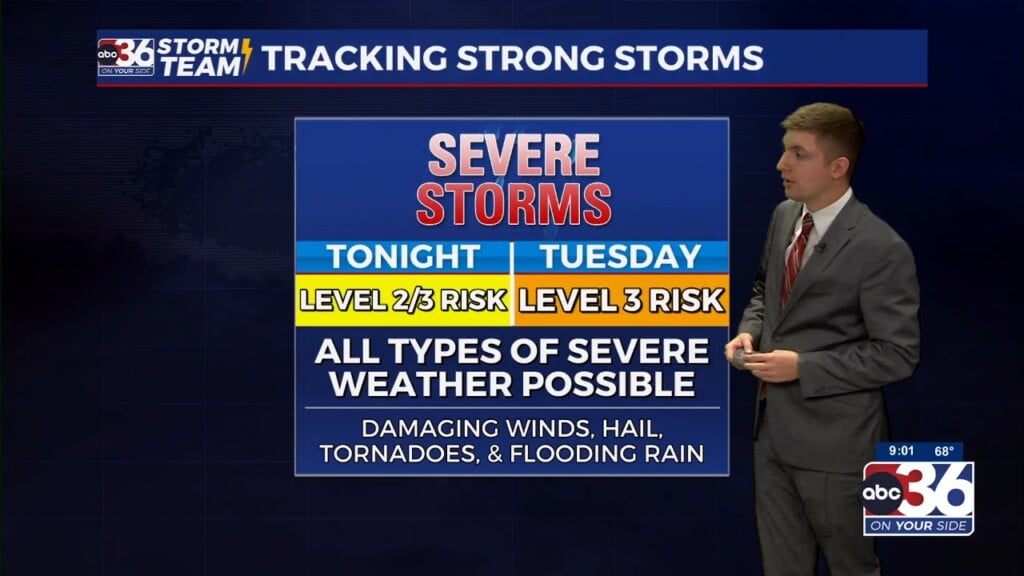UK student positivity rate continues to edge slightly higher
LEXINGTON, Ky. (WTVQ) – The number of students testing positive in the University of Kentucky’s mass testing program continues to rise slightly as does the positivity rate but while the number of positive tests sounds high, it’s not given the number of students tested.
According to the latest numbers released Monday, 160 students have returned positive from 16,922 tested through Aug. 14. That was 62 more positive tests from Friday’s report and 4,241 more tests.
That’s a .9 percent positivity rate, which has been rising slightly for several days.
The daily test results are released by the university as it works to control the spread of the virus and establishes a baseline of student and staff infections.
Between Aug. 3 and Aug. 22, testing for all students — undergraduate, graduate and professional — will be available at no cost to students at five sites on campus and offered through a third-party expert — Lexington-based testing and genomics company, Wild Health — that has been retained by the university.
The idea is to create a baseline for university officials as plans are implemented for ongoing daily screening, contact tracing and other health measures. Using a third party for testing also will enable UK HealthCare to maintain its capacity for testing health workers, first responders and the community.
Numbers reflect results for tests conducted three days prior.
According to UK, if an individual is tested on a Monday, the swab is collected and sent to the lab that same day. Results are returned in 24-72 hours, which means the UK team of Health Corps contact tracers receive the test results some time between Tuesday-Thursday.
The team immediately begins contacting any individuals with positive results.
After contacting all positive cases, the team distributes a notification to all individuals with negative results. After those notifications are sent, the university posts the aggregate data for that testing date.
Research demonstrates that the PCR (polymerase chain reaction) test is more reliable than the rapid response antigen test, according to the university.




Leave a Reply